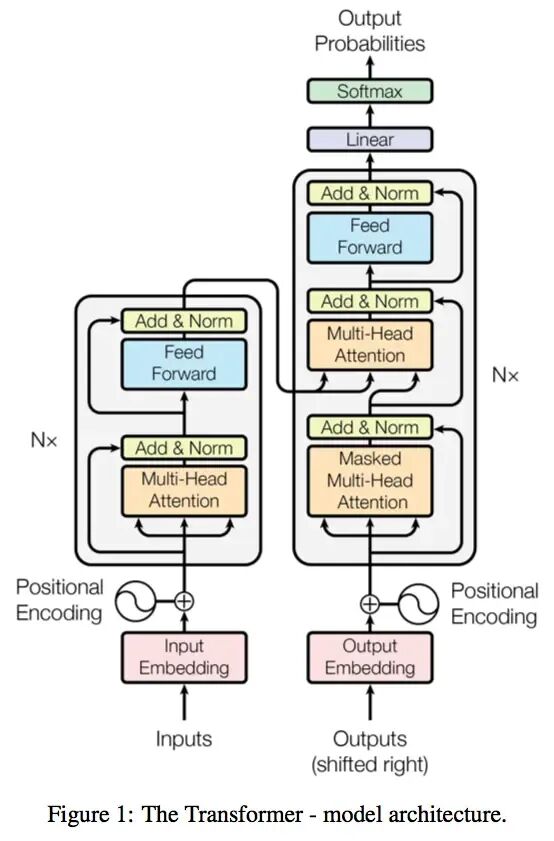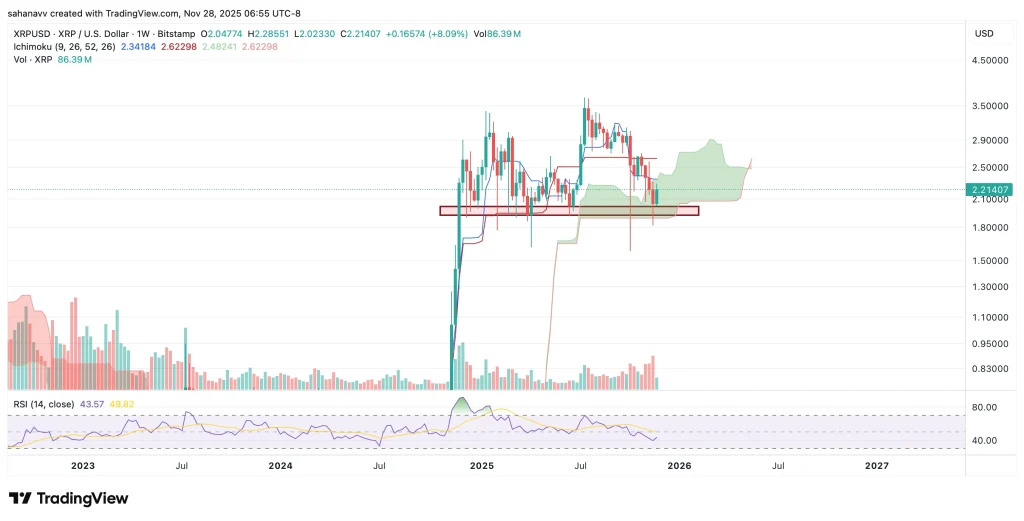Ethereum developers set sight on introducing end-to-end privacy
Ethereum developers are endeavoring to ensure that the second-largest blockchain lives up to one of the foundational tenets of the crypto community: end-to-end privacy.
In a post on Friday, the Ethereum Foundation’s ‘Privacy & Scaling Explorations’ team rebranded to ‘Privacy Stewards of Ethereum’ (PSE). The team laid out a roadmap to “make privacy on Ethereum the norm rather than the exception.”
The team aims to ensure that comprehensive end-to-end privacy is embedded across Ethereum’s technical stack, from protocols and infrastructure to applications and wallets. Privacy will become a part of Ethereum’s major use cases, like finance, identity, and governance, the team stated.
At the same time, the team noted that Ethereum’s privacy features will remain compliant with global regulations.
Why privacy on Ethereum matters
According to the PSE team, ensuring privacy on Ethereum is key to protecting the users who rely on the blockchain. The PSE team stated:
“Ethereum is on the path to becoming the settlement layer for the world, but without strong privacy, it risks becoming the backbone of global surveillance rather than global freedom.”
Moreover, without privacy guardrails, users and institutions will move elsewhere, rendering the blockchain redundant.
Private reads, writes, and proving
The PSE team will focus on three core areas: private reads, private writes, and private proving.
Private reads will enable users to read from Ethereum without revealing their identities or intents. In other words, the network-level privacy will ensure there is no surveillance or metadata leakage when users query, browse, or authenticate with Ethereum apps.
Under the private reads umbrella, the team is working on privacy-preserving Remote Procedure Call (RPC) services. Usually, RPCs can leak private data, like IP addresses or which accounts the user is interested in. Therefore, the PSE team has created a private RPC working group consisting of internal researchers and engineers, and external advisors.
The PSE team will also focus on making writing to Ethereum privately feasible and affordable. This means sending private transfers, casting a vote, or interacting with apps will become easier.
For private writes, the team will continue working on PlasmaFold, an experimental Layer 2 chain that will add private transfer features.
Lastly, the team will work towards ensuring that proving any data on Ethereum is private and accessible. The roadmap also includes goals like improving data portability and private identity for private proving.
While the team will focus on these areas for the foreseeable future, it added:
“Specific priorities and initiatives within [these] tracks will vary in their investment timelines and deliverables, and will evolve with the ecosystem, but we expect these general focus areas to persist for the next few years.”
Disclaimer: The content of this article solely reflects the author's opinion and does not represent the platform in any capacity. This article is not intended to serve as a reference for making investment decisions.
You may also like
No wonder Buffett finally bet on Google
Google holds the entire chain in its own hands. It does not rely on Nvidia and possesses efficient, low-cost computational sovereignty.

HYPE Price Prediction December 2025: Can Hyperliquid Absorb Its Largest Supply Shock?

XRP Price Stuck Below Key Resistance, While Hidden Bullish Structure Hints at a Move To $3

Bitcoin Price Prediction: Recovery Targets $92K–$101K as Market Stabilizes
